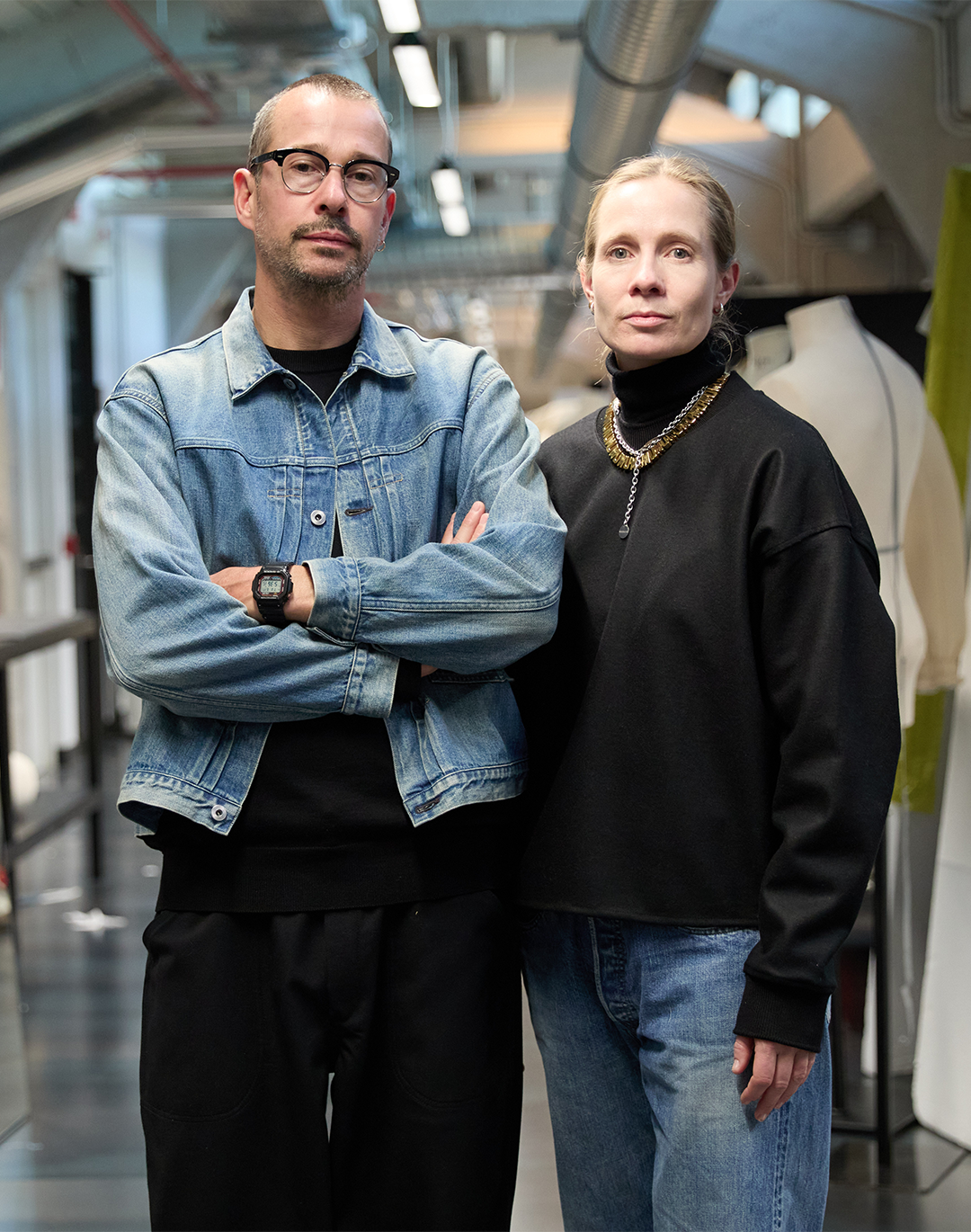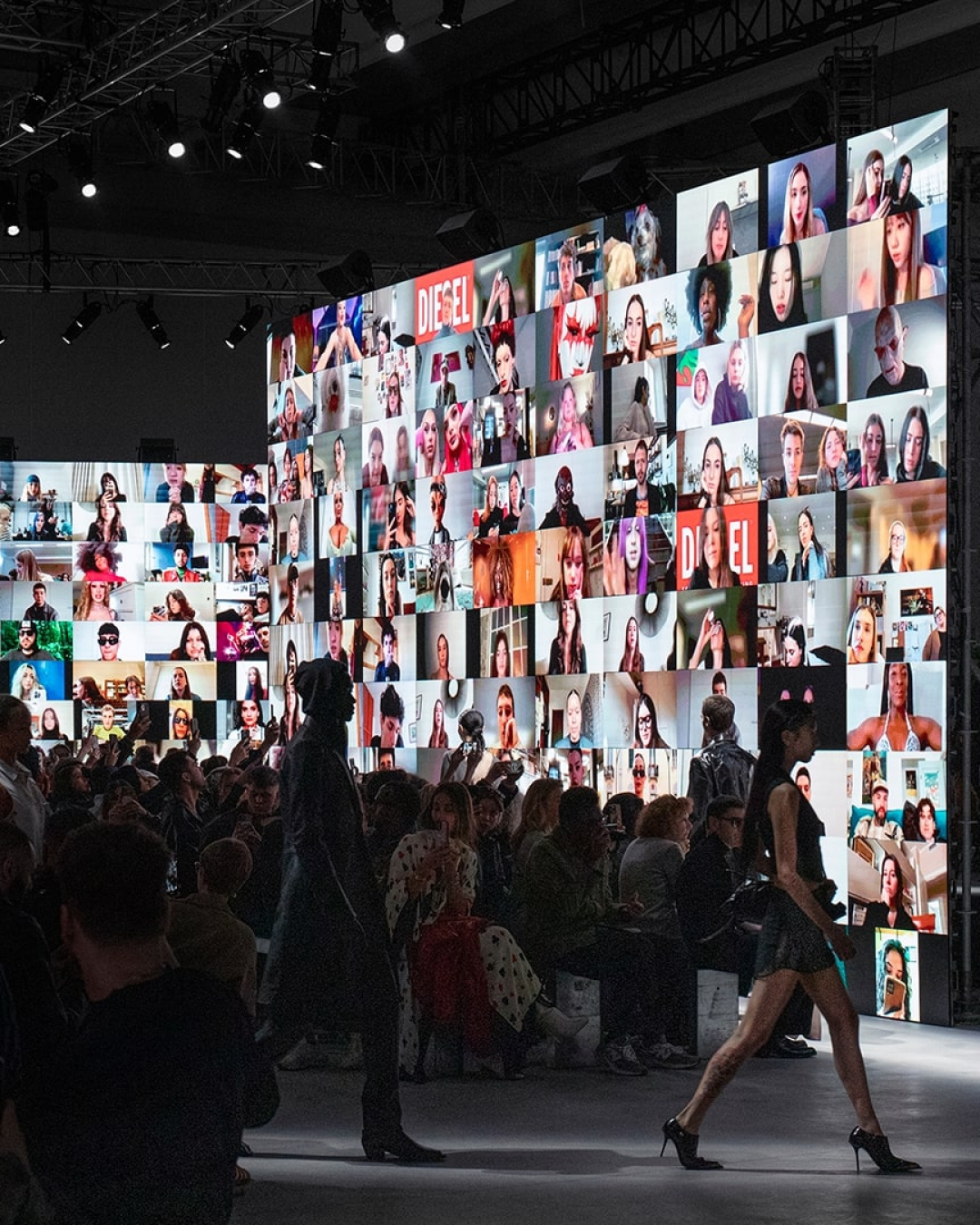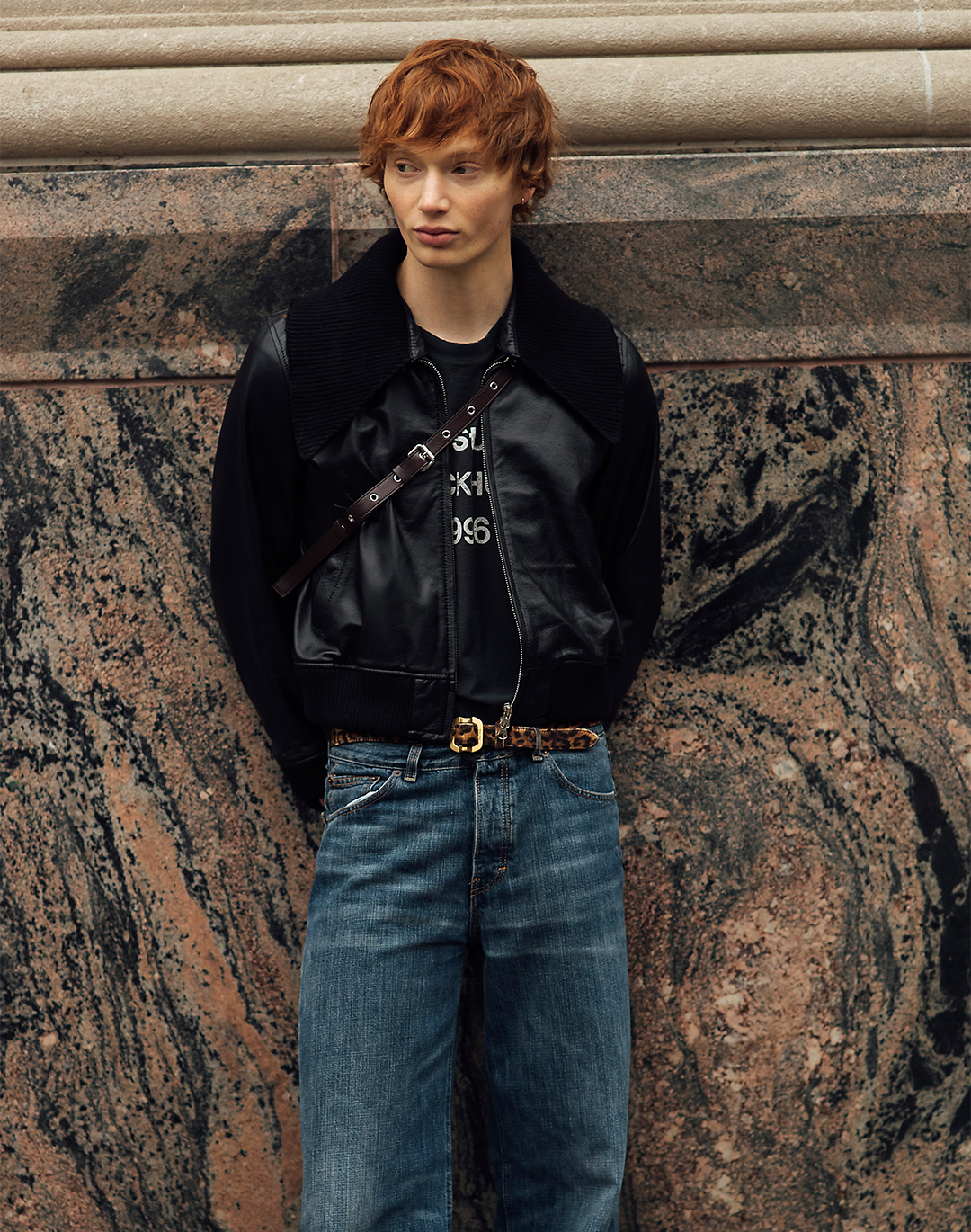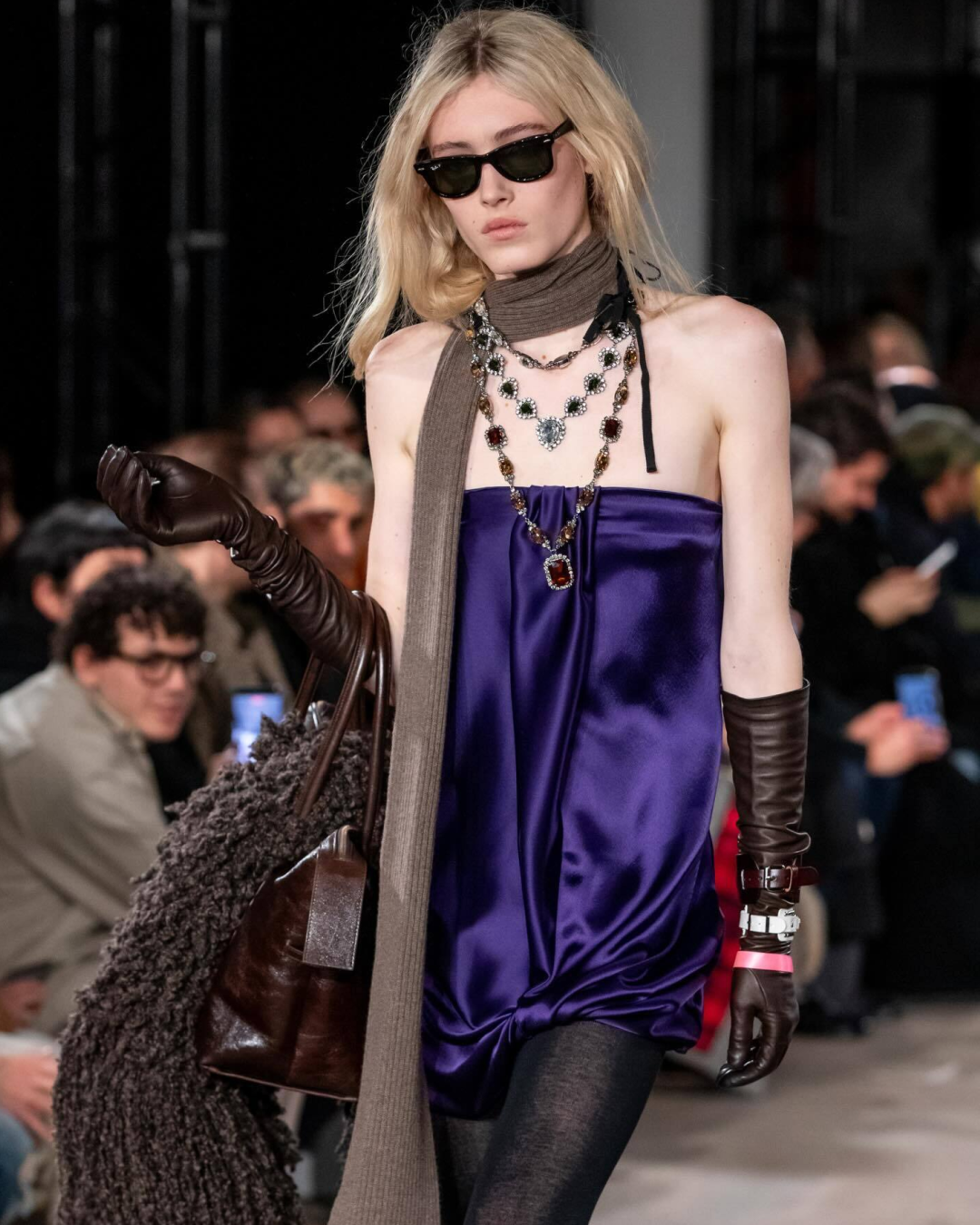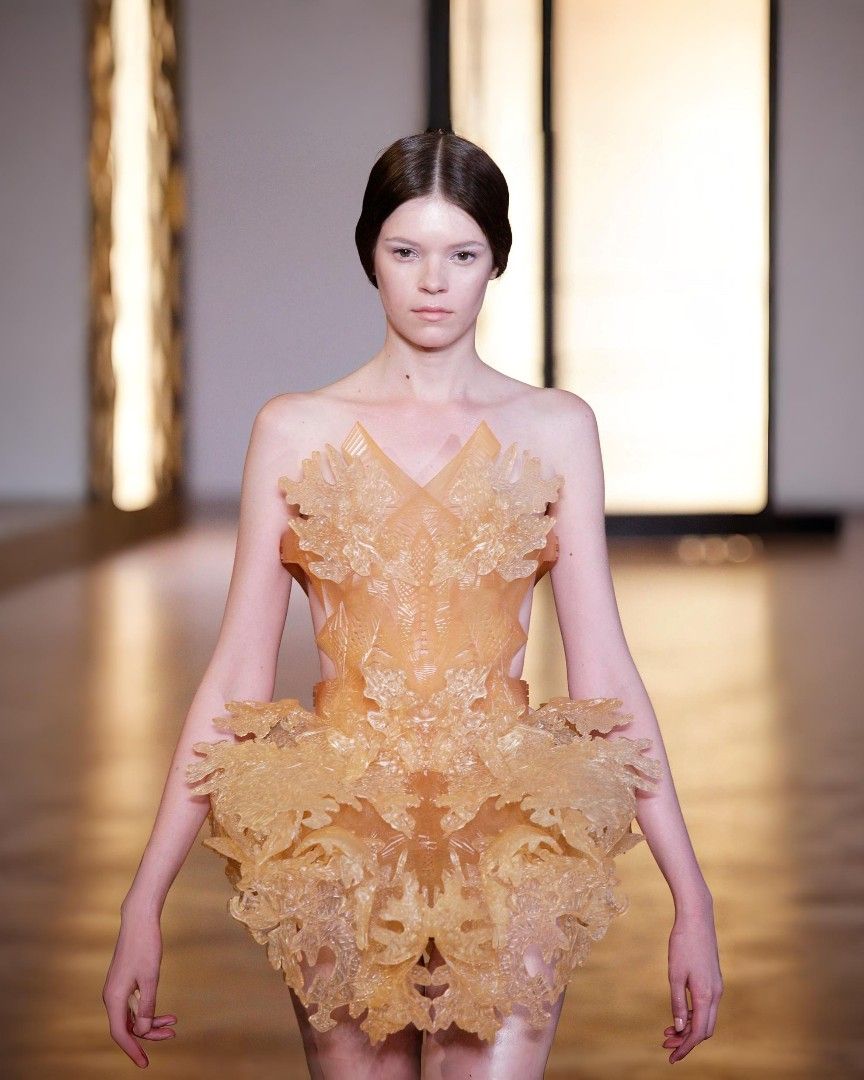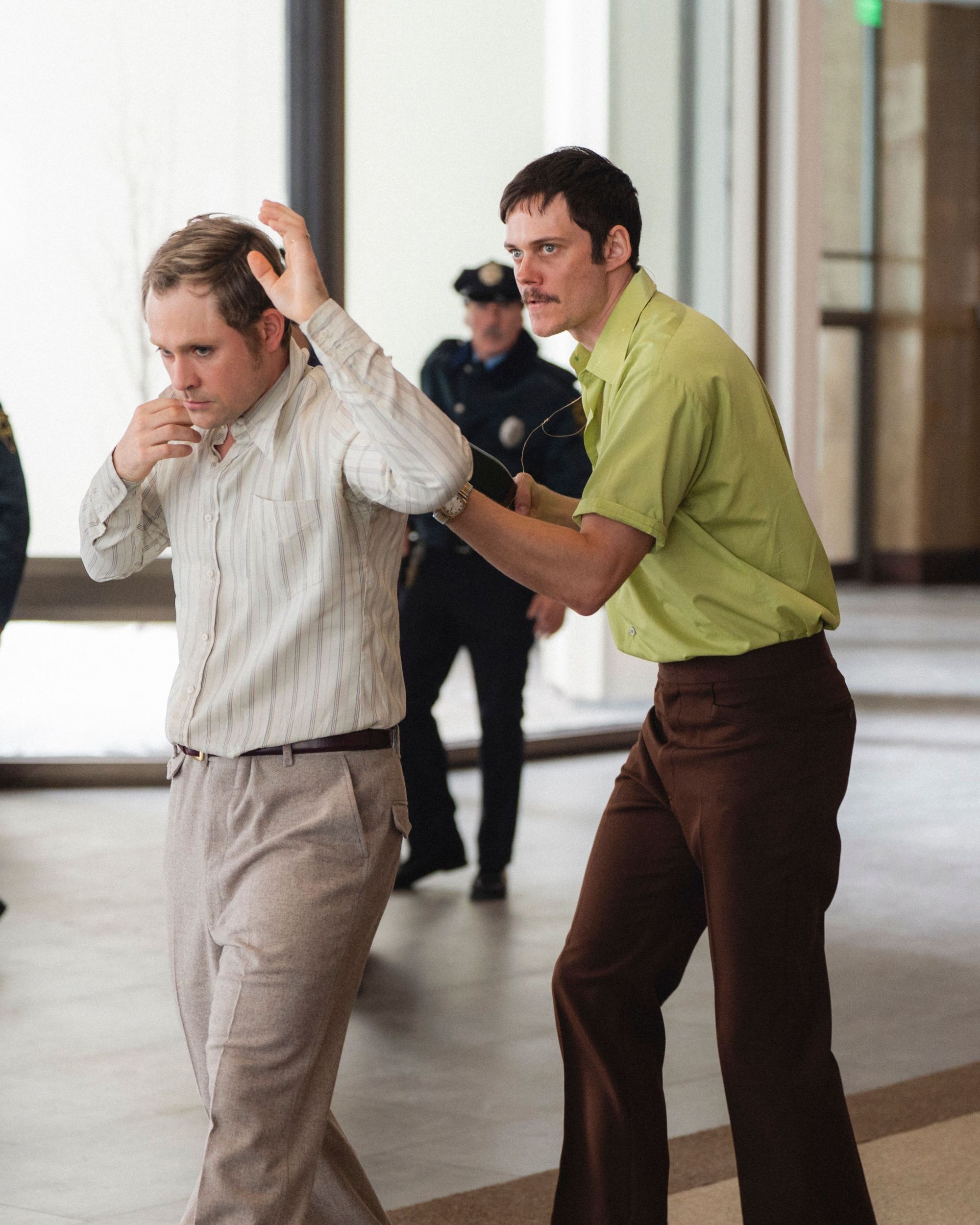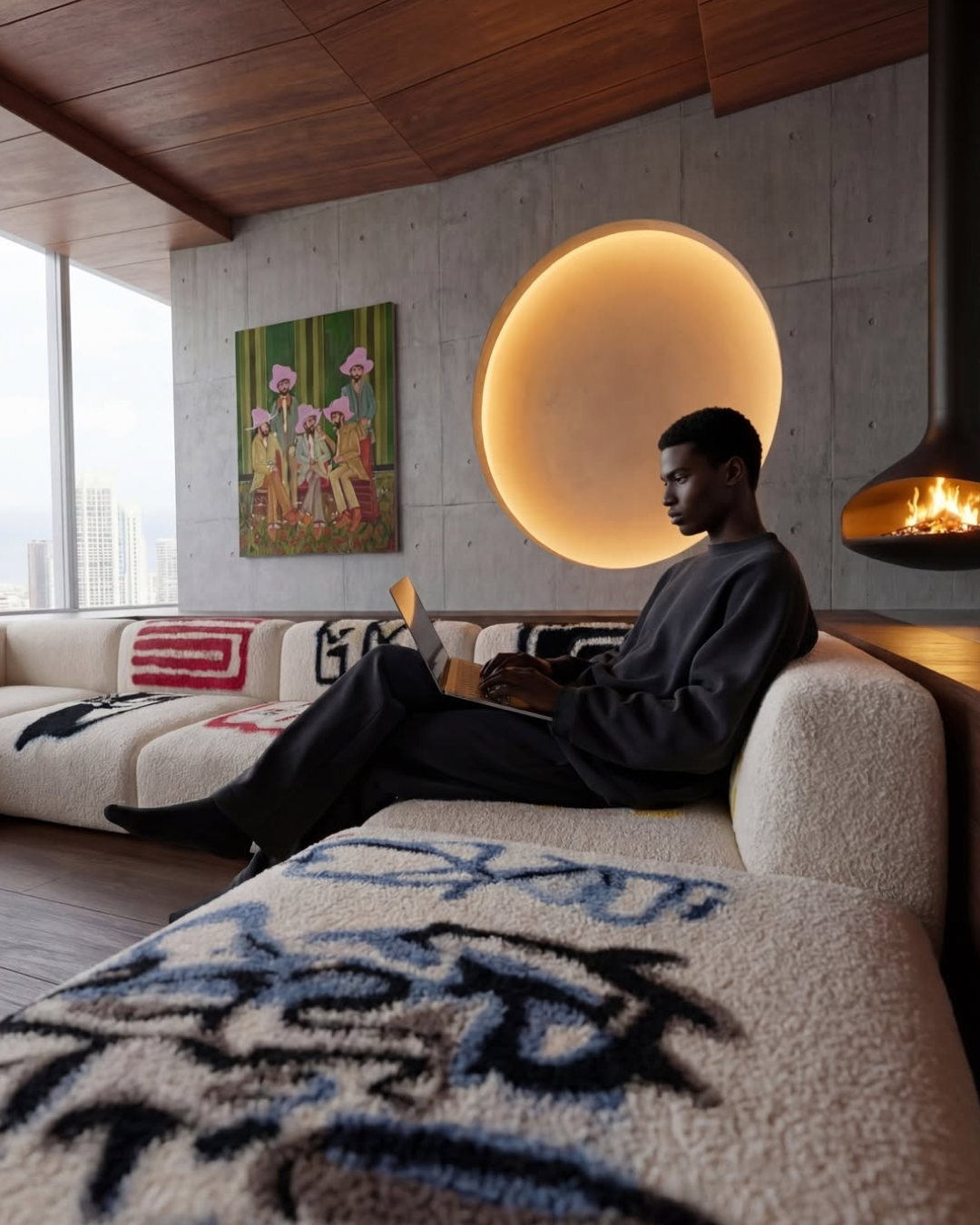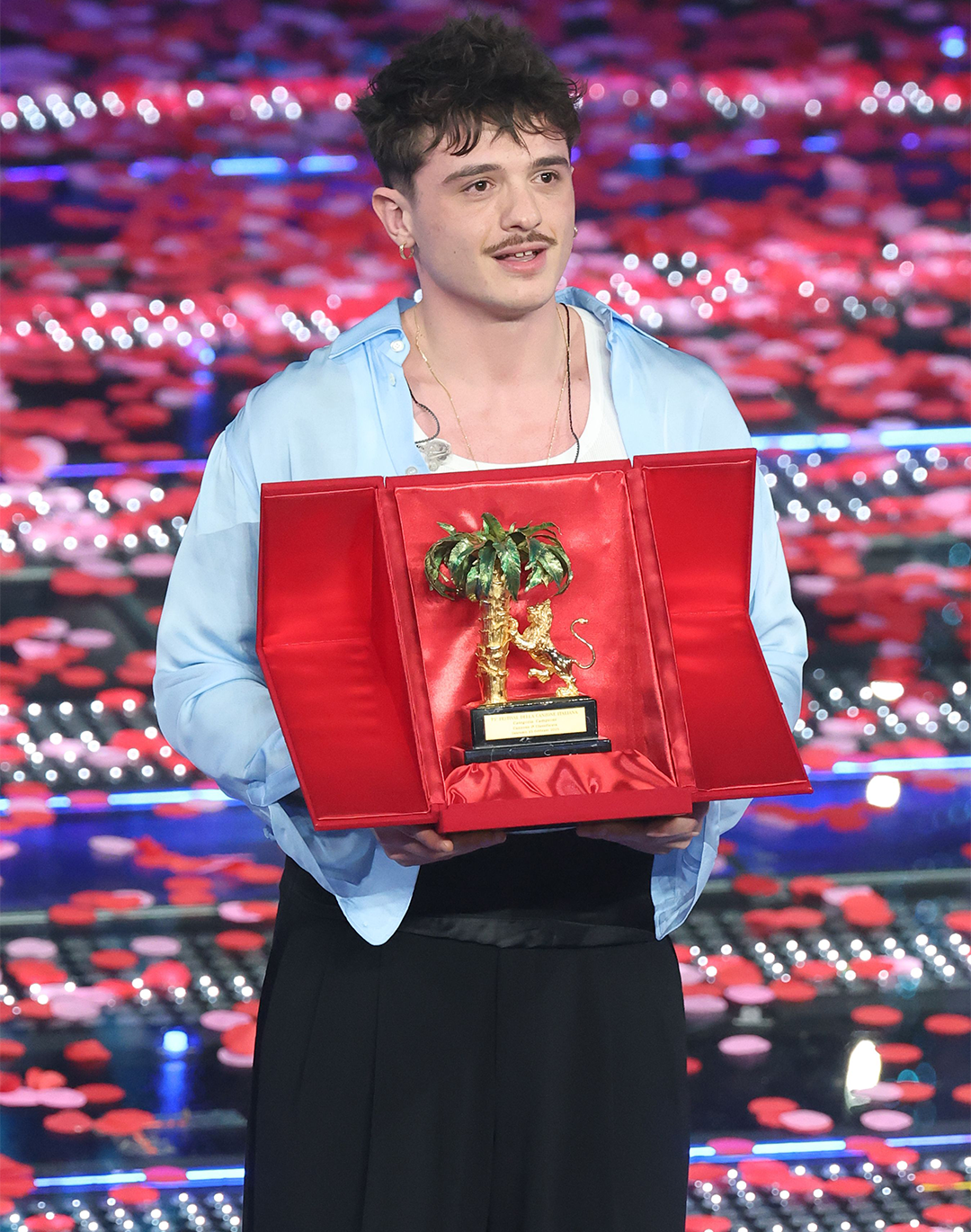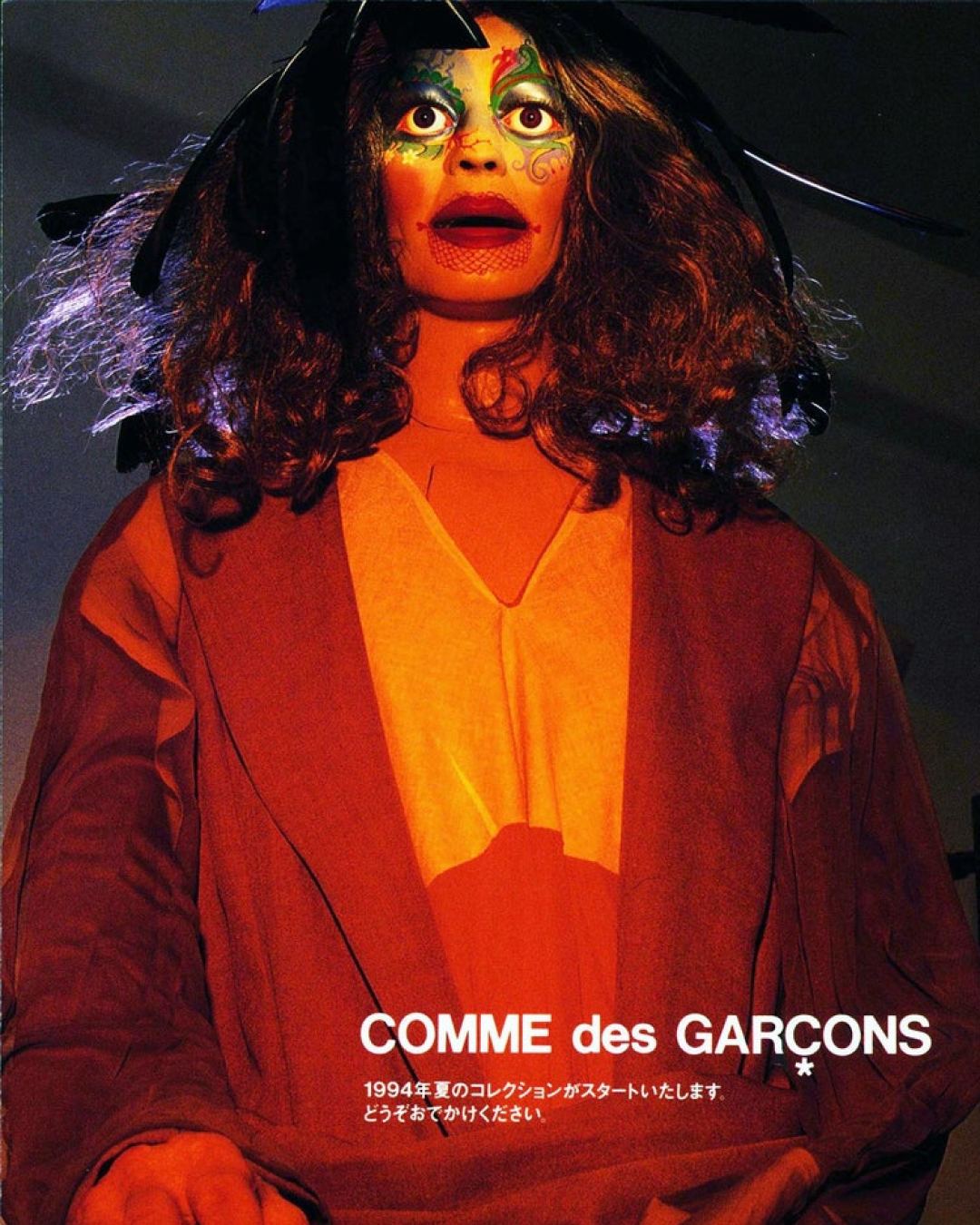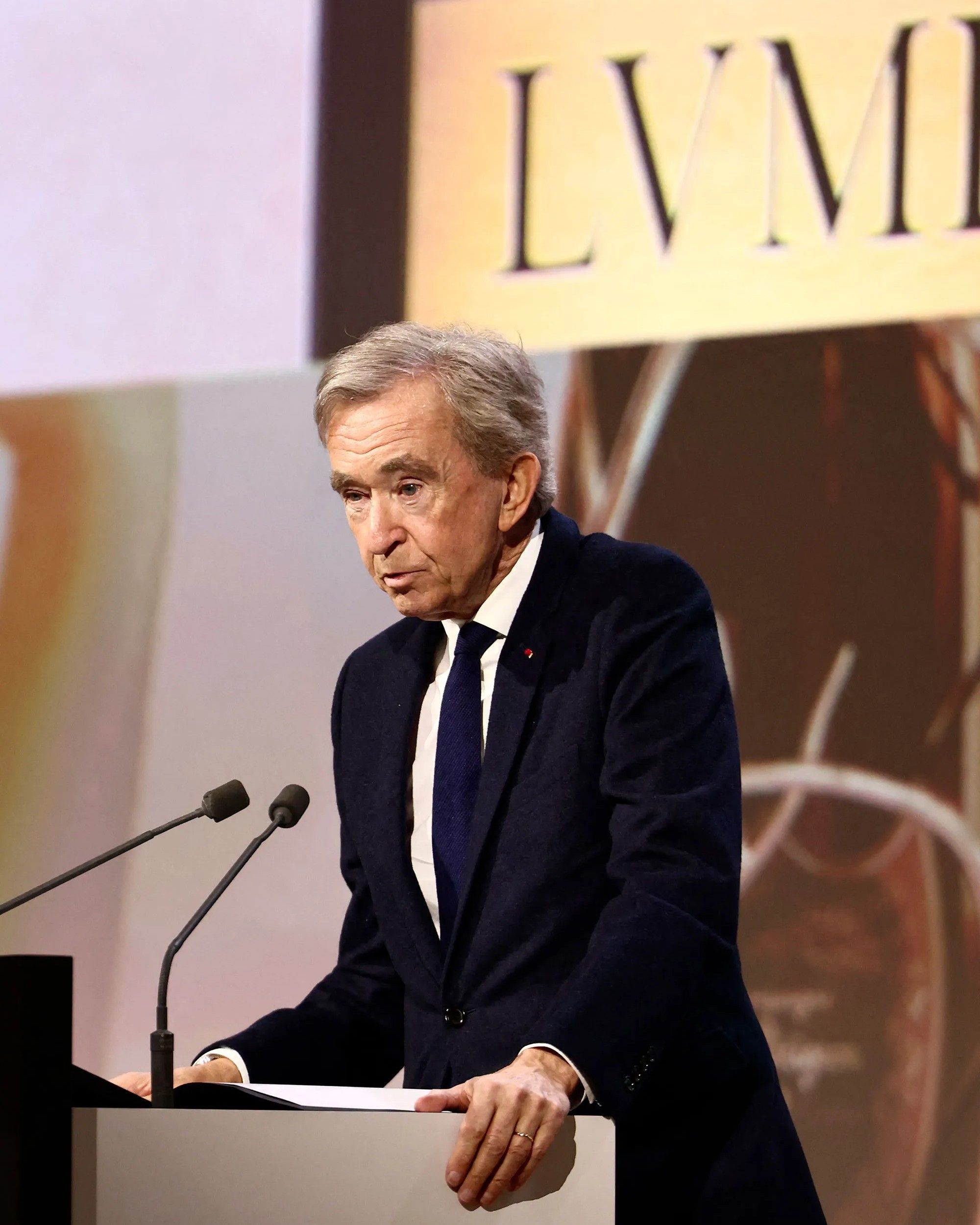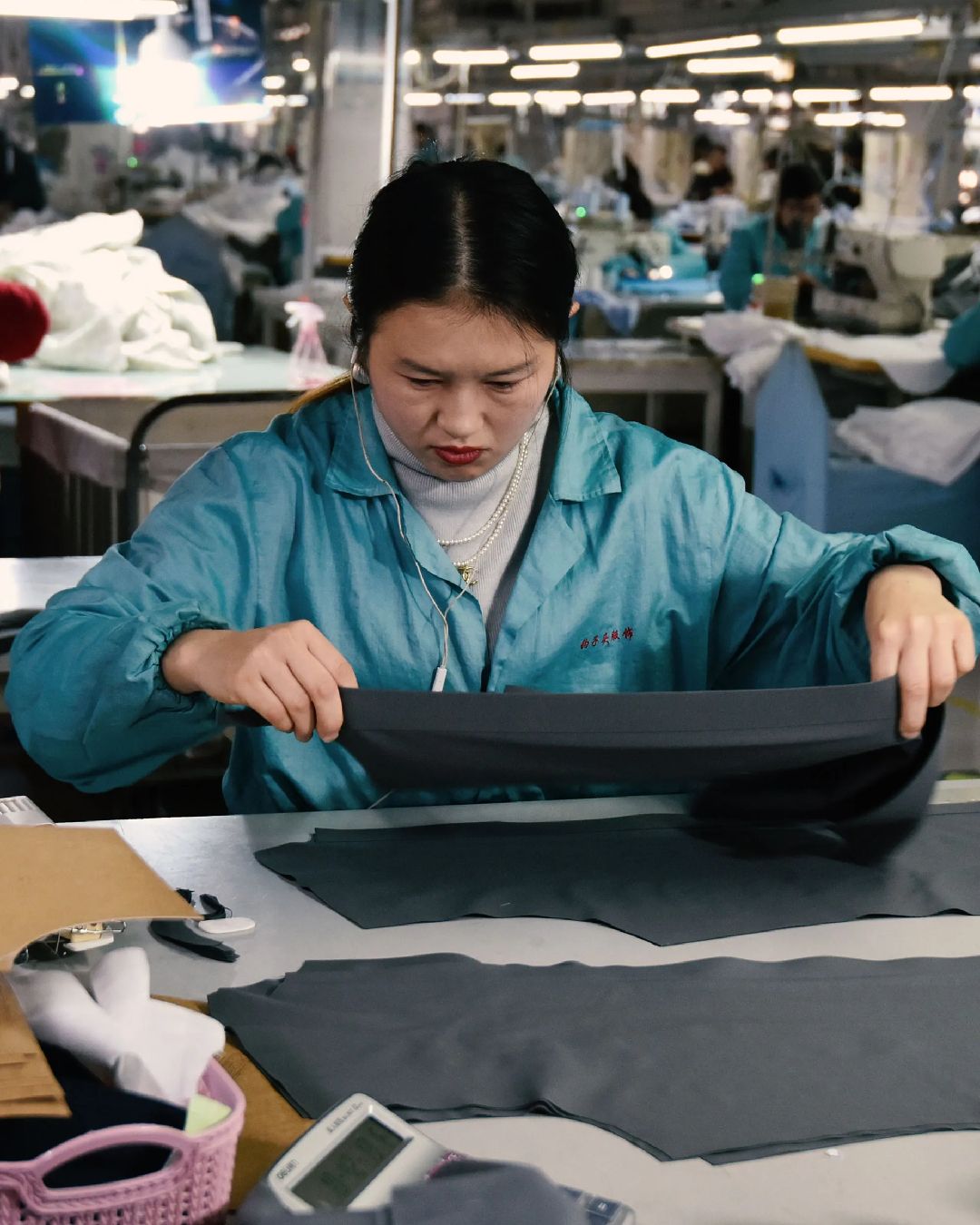
Virgil Abloh's rise to power teaches what it takes to be a contemporary creative “Relevancy is my metric”
*** UPDATE 29/11/2021 ***
This article was originally published on July 21, 2021, a few months before Virgil Abloh's untimely passing. Virgil Abloh was a source of inspiration and a pioneer, the whole editorial staff and the whole team of nss magazine huddles in condolences to the family and collaborators.
On the day your brand is acquired by the most important luxury conglomerate, you tend to choose carefully what to post on Instagram. Virgil Abloh has - indeed - always carefully chosen his Instagram posts and it is no coincidence that for this announcement he posted a screenshot of Vanessa Friedman's article in The New York Times whose title does not even mention Off-White but instead reads: Virgil Abloh Gets a Seat at LVMH Power Table.
The opening of Friedman's article underlines the most interesting issue of the acquisition of LVMH, namely that Abloh will have a strategic role within the conglomerate becoming “most powerful Black executive at the most powerful luxury goods group in the world". With this post Abloh reveals something that he has never made a mystery of in all the interviews and that transpires from his works: as much as a creative can be artistically brilliant, rich or successful, the only metric that matters is the relevance it has in the world. For this reason it is not enough to have a revolutionary artistic vision, you have to deal with power, know how to manage it, flirt with it and take advantage of it when the time comes.
In just over ten years, Abloh has gone from being a Fendi intern with a degree in architecture to being creative director of Louis Vuitton (passing through a thousand other projects and results), establishing himself in fact as the most influential creative in the fashion industry - a trait easily expandable to the creative sector tout-court. The vision and history of Abloh revolutionizes the meaning of the role of the creative both for the artistic vision he proposes but above all for the understanding of reality that is the power dynamics in contemporary society. On the one hand, Virgil has never made a secret that his art is openly inspired by the Situationist movement and the ready-made: in The Ten, the line that blew up in the Off-White mainstream, Virgil recontextualizes iconic Nike silhouettes with graphics and elements that break the scenic illusion of the classic sneaker. To this vision, Abloh added a collaborative approach making the publics, the fans and enthusiast part of community that interacts with the product, that has a stake on it and ultimately creates value.
Like Jeff Koons, Abloh is not an artist who creates materially his works, rather he has the ambition to describe reality: "I'm trying to record our "now". Make a contemporary recording of what is happening in the outside world". Although it may seem a simple mission, Abloh is aware of how complex the very concept of reality today is, that the artist's task is not to look from above and judge, but rather to interact with reality by connecting apparently distant points.
This is exactly what LVMH hopes will happen by inserting the man who invented cross-sectoriality into the most diverse and wealthy luxury conglomerate in the industry, so much so that Friedman rightly in the NYT article asks the legitimate questions of what LVMH will be in the future (An Empire? A state? An institution?).
Returning to Virgil, however, the other striking aspect of his incredible rise is his political management of power. It would be misleading to say that Abloh arrived on the most important board in the world of luxury only thanks to his artistic vision. Virgil is a creative who has understood when the managerial aspect of his work is, today, directly proportional to its real impact on the world. For this reason Abloh did not cry over himself as much as he lost his first Pyrex brand, he knew how to masterfully manage the post-Kanye West (when he took the place that his friend had dreamed of for a lifetime), and he innovated his products by not falling too much in love with products and projects. In this sense, Abloh has renewed the meaning of the word "creative", historically anchored to fantasy, to the genius that does not stoop to the reality of the world. In the post-capitalist culture of the Western world, the creative cannot ignore the political element, from entering the market and trying to play - and sometimes bend its laws - making itself an "artistic gesture".
To reread it seems a very abstract concept but that nevertheless is often found in everyday life: the kids who resect sneakers or streetwear garments balance in a similar way to Abloh the "artistic" knowledge on trends and the practical-managerial skills that are needed in the management of a sale or a budget. This is the real revolution of Abloh: to have freed the artistic vein from the conflict with the market, to have synthesized them, however much this thing may not like it.
Clearly, Abloh has a very clear vision of his career and knows that little has happened to him by chance, able to show a rightful pride in his success but that he is also always looking to go further, of the next project, of the next chimera. Today Abloh is still a figure not celebrated for the impact he has had on the world as a black creative in the whitest and least inclusive industry in the world. His arrival at the age of 40 in a position of power created specifically for him will certainly not be a point of arrival, indeed to continue to be relevant, it will probably be the starting point as the quote in the press release states: “This is an incredible new platform to take the disruption we’ve achieved together to a whole new level.”

